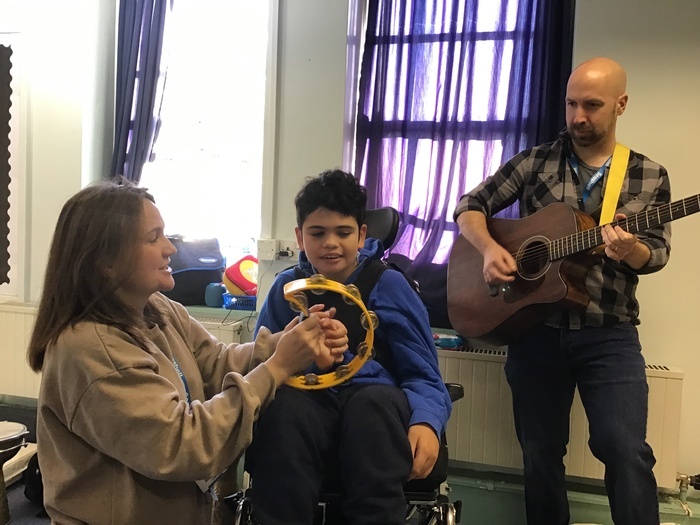Children with special educational needs and disabilities (SEND) require extra support in many ways, but most importantly, they need support in education and personal development to help them attain as much independence as possible. Many teachers, parents, and educational support staff wonder how to support children with SEND, and what they can do to create an environment in which they can thrive. At Seashell, we support children with a wide range of special educational needs and disabilities, and we can help you learn how to offer them the help and encouragement they need and deserve.

Understanding SEND
There are a broad range of special educational needs and disabilities, so no two children’s requirements are the same. The first step to supporting them is to recognise their abilities to gain a better understanding of their needs so you can put in place support frameworks and help them achieve their goals.
Taking some time to understand the various models of disability can be eye-opening for many people, and help them to develop their knowledge of different special needs and disabilities. Getting to know more about the complexities of disabilities and special needs, and the experiences of children who have them, allows you to become a self-reflective support worker that has a strong understanding of the challenges and discrimination that children with SEND often face.
The social model of SEND
Viewing the world through a lens of special needs and disability can help you gain a better understanding of the issues and challenges that children with SEND face, and help you to empower them as they interact with the world. It helps you as a parent, family member, support worker, or educator to make a distinction between a child’s special needs or disability and their challenges. It highlights the barriers or obstacles they face, not the special needs ability levels they have. Find out more about the value of inclusive teaching and learning.
Looking at the social model of special needs and disabilities helps you to recognise the stereotypes and social attitudes that cause misunderstandings of SEND, and the discrimination that adults and children with special needs can experience. Gaining knowledge and first-hand experience of these yourself helps you to remove the obstacles that children and adults with SEND face in society. It also makes provisions for them so that they can enjoy full and enriching experiences in the classroom, or during activities, just as children without special needs and disabilities do. Find out our top 8 free SEN resources for learners with special needs.
Activities for children with SEND
The best activities for children with special needs and disabilities involve physical, social, and interactive elements. Children with SEND enjoy a wide range of activities, just like children without special needs and disabilities, and can experience these activities without any obstacles or barriers if their demands are anticipated and provided for.
A simple trip to the park can be a great activity for children of all abilities, but for children with SEND support, workers and carers should prepare for the potential challenges children in their care may face and take steps to mitigate them. Going to the zoo is another wonderful activity for children with SEND, but some may not enjoy the tactile petting activities that are often found at zoos and animal parks.
Their needs should be provided for by finding alternatives to this activity that they can enjoy, such as drawing the animals and asking other children to share their experiences with them. This can often encourage them to push their personal boundaries and engage in activities that they may be apprehensive about. Providing alternatives to children with SEND, and anticipating their needs, can be empowering for them and can help them to develop on their own terms.
How Seashell supports children with SEND
Here at Seashell, we are dedicated to supporting children and young adults with special needs and disabilities, including children with complex learning difficulties and children who need support communicating. We use a holistic approach across all of our home-from-home care houses, our Royal School Manchester, and Royal College Manchester, to support all of the children in our care and provide a safe and engaging environment for them.
We have the equipment needed to ensure children of all abilities can enjoy sports activities, health and well-being activities, as well as creative and artistic pursuits. This allows children with SEND to follow their passions and interests without challenges or obstacles, so they can gain a sense of independence and empowerment by engaging with the world on their own terms, at their own pace, and with the reassurance provided by our dedicated team.
Through planning, preparation, and understanding, children with special needs and disabilities can live a life without barriers to their learning or development. They can engage in any activity and follow their interests, spurring their social and educational development further.
Contact Us
If you’re looking for more information on how to support children with SEND, get in touch with our team. We’re more than happy to offer support and guidance for carers and families. We’re also on hand to discuss our helpful facilities including our sensory swimming pool. Contact us today.

